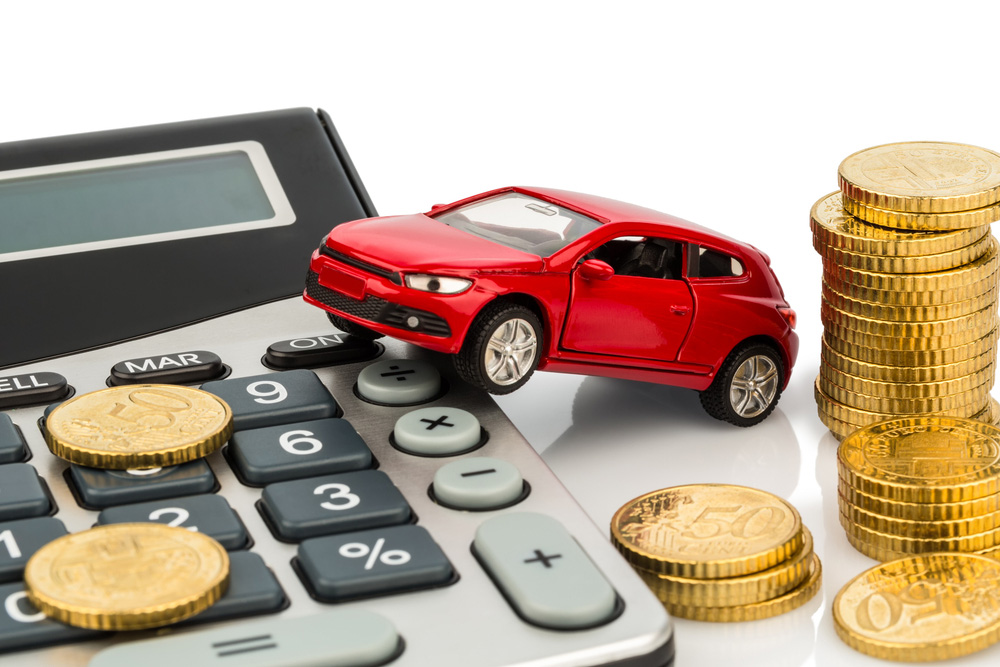The Hidden Costs of Owning a Car: What You Need to Know

Owning a car, for many, is an essential part of daily life, providing flexibility and convenience in travel. Yet, many potential owners only consider the initial purchase price, overlooking the multiple hidden costs of owning a car. This comprehensive guide sheds light on these often unseen expenses, helping you make an informed decision when purchasing your next vehicle.
1. Initial Buying Costs: More Than Just the Sticker Price
When one considers buying a car, the first factor usually in mind is the purchase price. However, this is only the tip of the iceberg. The actual price paid at the car dealership includes an array of additional costs. These can include sales tax, registration fees, and dealership charges, all of which can significantly increase the initial investment.
Additionally, if one chooses to finance the car, there will also be interest payments to consider over the life of the loan. Thus, the sticker price is often a gross underestimate of the true purchasing costs.
2. The Indispensable Insurance
Once the car is purchased, it must be insured. Car insurance is an unavoidable cost that can fluctuate greatly depending on the driver’s history, the car’s make and model, and the owner’s geographic location. It’s important to balance an affordable policy and adequate coverage. Cutting corners on car insurance might seem like a good idea at first, but it can lead to substantial financial liabilities in the event of an accident.
3. The Fuel Factor
Fuel is the lifeblood of any vehicle, and its costs must not be overlooked. The fuel expenses of a car owner can vary greatly, influenced by the car’s fuel efficiency and prevailing fuel prices. Estimating future fuel costs using the vehicle’s miles-per-gallon rating and the current fuel price can provide a clearer picture of this ongoing expenditure. When these potential savings are considered, fuel-efficient vehicles may be worth the higher upfront cost.
4. Maintenance and Unexpected Repairs
Maintenance and repair costs are among the most unpredictable regarding car ownership. Regular car maintenance, including oil changes, brake checks, and tire rotations, are critical to the longevity and performance of the vehicle, yet their costs can add up quickly over time. Moreover, unexpected mechanical issues can strike at any time and often come with hefty repair bills, adding to the overall cost of owning a car. As stated by Avail Car Sharing, “Checking the pressure of each tire once a month is necessary.”
5. Depreciation: The Silent Cost
The car’s depreciation, or loss in value over time, is a cost many potential car owners overlook. A new car starts to lose value the moment it leaves the dealership. The depreciation rate varies with different makes and models, but on average, a car loses about 20% of its value in the first year and up to 60% by the end of the fifth year. While depreciation might not affect daily car expenses, it is essential to consider when understanding the overall cost of owning a car.
Understanding the costs of owning a car extends far beyond the initial price. A more holistic view that includes insurance, fuel, maintenance, and depreciation is necessary for potential car owners to make an informed decision. Remember, a car is a significant investment, and being fully aware of all the associated costs can save you from unpleasant surprises down the road.

